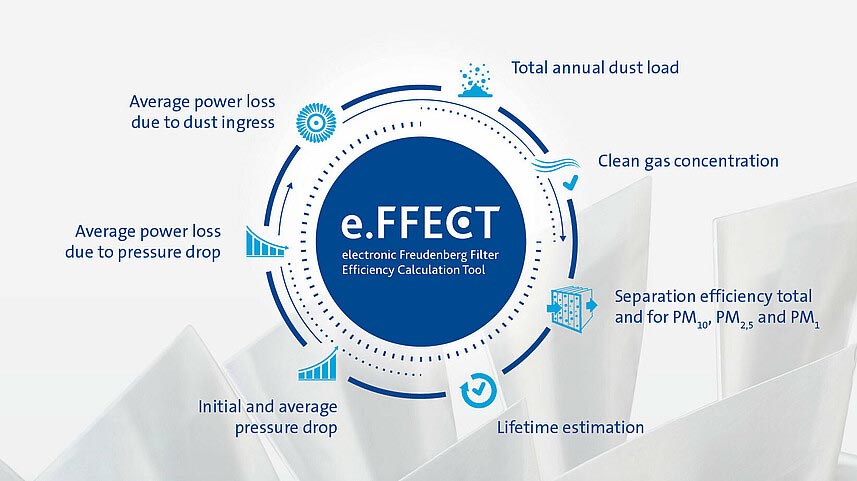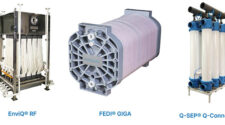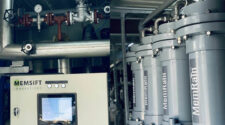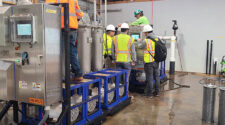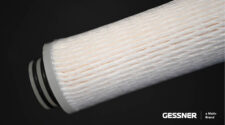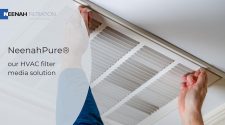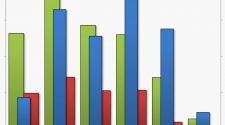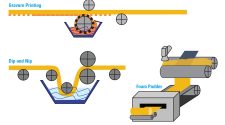Freudenberg Filtration Technologies’ e.FFECT digital simulation software is expanding its range of services for increasing the functional reliability, efficiency and cost-effectiveness. e.FFECT maps the actual operation of a plant onto a digital model. Based on the site-specific requirements and relevant variables for efficient operation, the software tool transparently compares the filtration systems in question and determines the best solution. This is necessary because the more specifically a filter system is tailored to the respective plant requirements, the more efficiently, safely and economically it can be operated. In the case of turbomachinery, this typically involves the use of multistage filter systems: coordinated, sequentially connected combinations of pocket, cassette and/or cartridge filters. e.FFECT calculates the individual filtration efficiency of each filter stage and accumulates the quantities of dust.
One factor that influences the filtration system is the composition of the local ambient air. To ensure that the intake air filter system can be precisely designed, it is therefore important to know where a power plant is being operated. This may be in an urban conurbation with high levels of particulate matter, in a rural region with a high pollen count, near a humid coastline, or in an area characterized by drought and high concentrations of dust. To analyze the supply air at a specific location, e.FFECT either uses the ongoing measurements of national environmental authorities or Freudenberg itself determines the particulate concentrations in the immediate vicinity of the site.
Process requirements and plant specifics, such as the intake mass flow of the turbomachine, are particularly important in determining the requirement profile for the filtration of the intake air. In the case of gas turbines, the main factors causing performance losses are fouling and the pressure drop of the particle-laden filters. e.FFECT uses the interaction of these calculation parameters to determine the optimum value for which the sum of the two system-inherent performance losses is the lowest.


